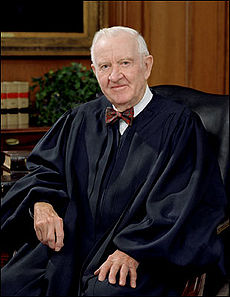Milwaukee Third Municipality to Pass Paid Sick Leave Ordinance
 This past Tuesday, the voters of the City of Milwaukee overwhelmingly (68%) approved the sick pay ordinance. Under this ordinance, private employers in Milwaukee must provide paid sick leave to workers, who earn the benefit at the rate of one hour of sick pay for every thirty hours of work.
This past Tuesday, the voters of the City of Milwaukee overwhelmingly (68%) approved the sick pay ordinance. Under this ordinance, private employers in Milwaukee must provide paid sick leave to workers, who earn the benefit at the rate of one hour of sick pay for every thirty hours of work.
The Milwaukee Journal-Sentinel reports:
Employers would have to grant 72 hours of sick leave per calendar year or 40 hours if they have fewer than 10 employees.
Although the ordinance is due to take effect in about 100 days, the Metropolitan Milwaukee Association of Commerce has filed notice that it intends to legally challenge the law on the grounds that (1) it is inconsistent with federal and state laws for family and medical leave; and (2) oversteps the city’s authority to require sick pay from employers outside the city that have employees living in Milwaukee.
I am no expert on the second issue, but the first ground of challenge seems utterly without merit. The federal FMLA and state leave law provide a floor under which no law may go, but states and municipalities have always been free to be more generous, and, in this case, provide some paid leave to workers. The fact that the business group believes the ordinance will cause them economic harm is not grounds for setting the ordinance aside.
I am hopeful that the court deals quickly with this matter so that the ordinance can go into effect when scheduled and start providing much-needed relief for the workers of Milwaukee when they become sick.


